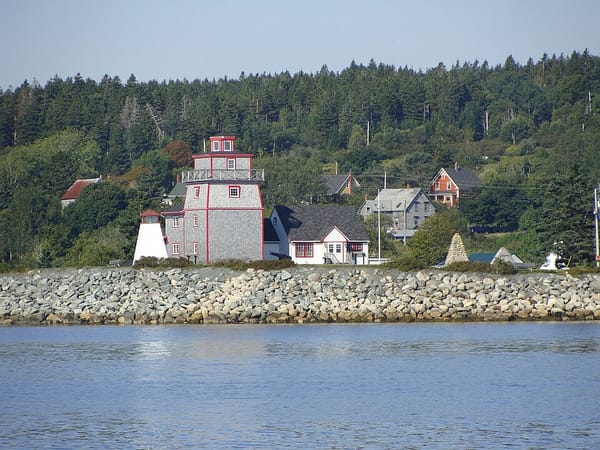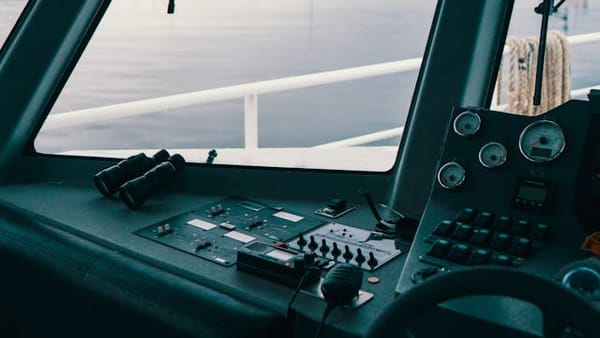How Much Horsepower do you Really Need?
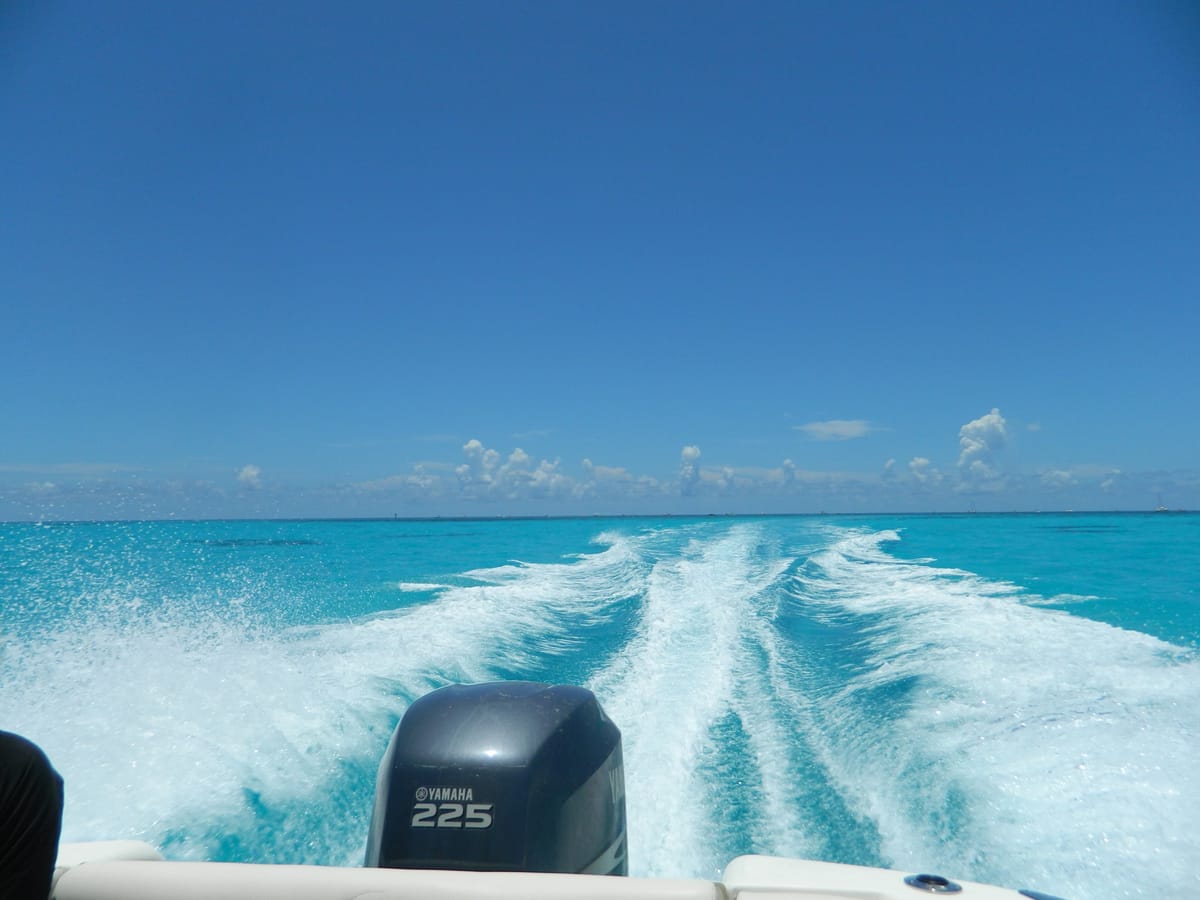
Determining the appropriate amount of horsepower for a boat involves several factors, including the boat's size, weight, intended use and design. Horsepower (HP) is a critical aspect of a boat's performance, impacting its speed, handling and fuel efficiency.
Let’s review a few key points before buying a boat and cruising out of a marina or private boat slip rental.
Boat Size and Weight
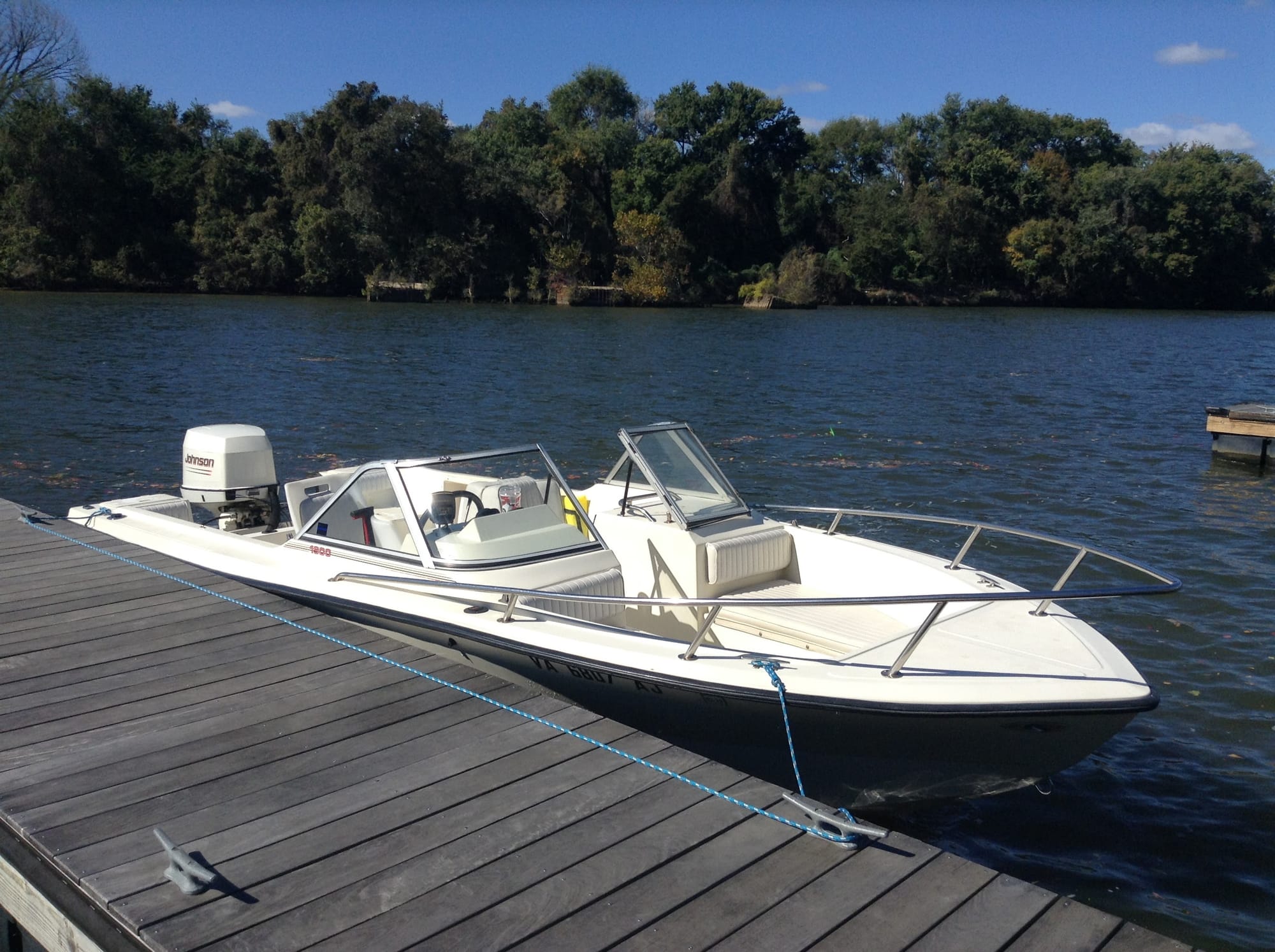
The size and weight of the boat are primary determinants of the required horsepower. Generally, larger and heavier boats need more horsepower to achieve adequate performance. For example, a small and lightweight fishing boat might only need a 15-20 HP motor, while a larger cabin cruiser or cuddy cabin could require 150-300 HP or more. The weight of the boat includes not just the hull, but also the engine, fuel, gear and passengers.
Intended Use
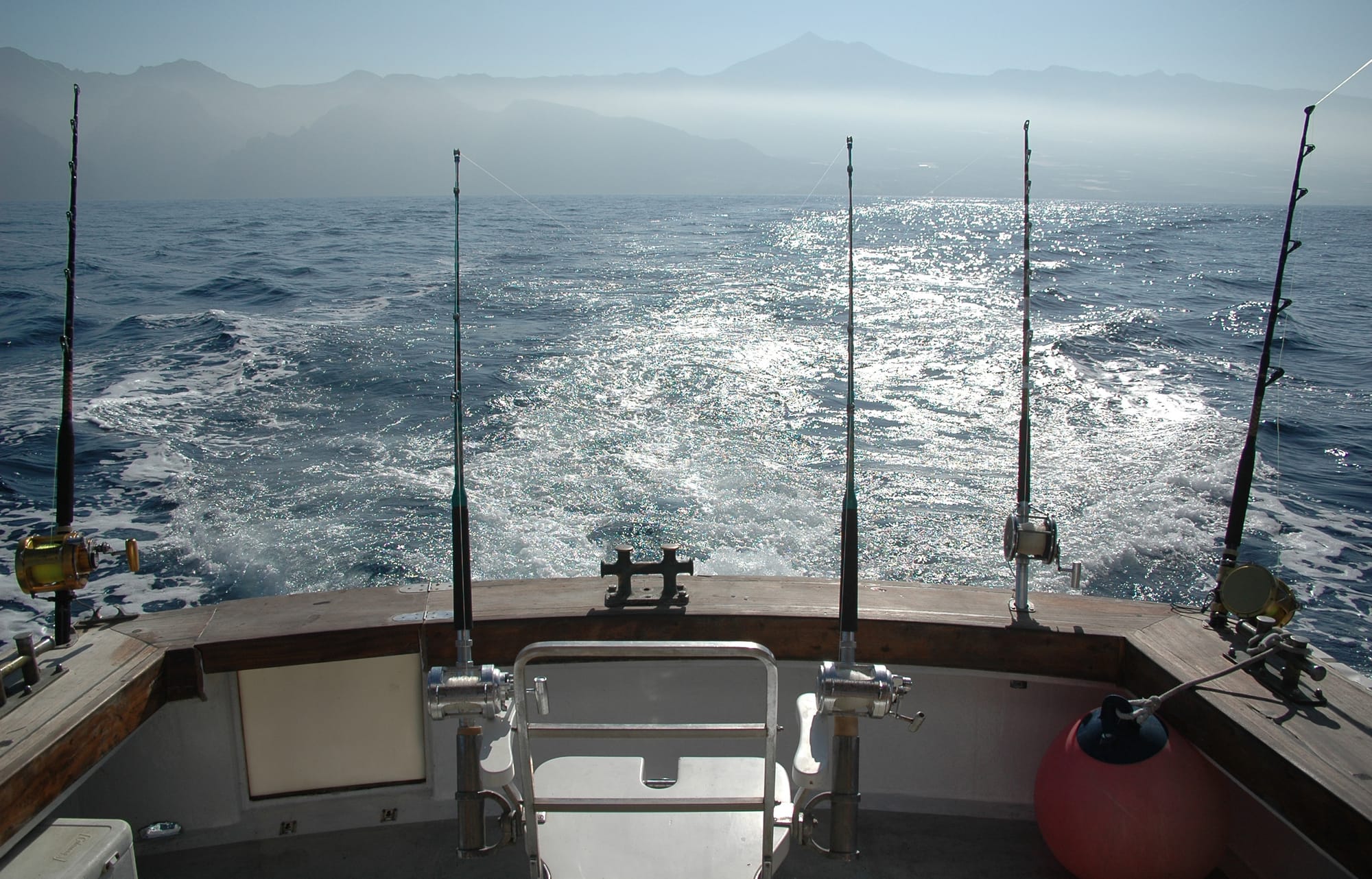
The intended use of the boat significantly influences the horsepower requirements. Boats used for leisurely cruising on calm lakes or rivers can function well with lower horsepower engines. On the other hand, boats used for water skiing, wakeboarding or high-speed activities require more horsepower to achieve the necessary speed and power. Fishing boats, which often need to move quickly to different fishing spots or handle rougher waters, also typically require more horsepower.
Boat Design
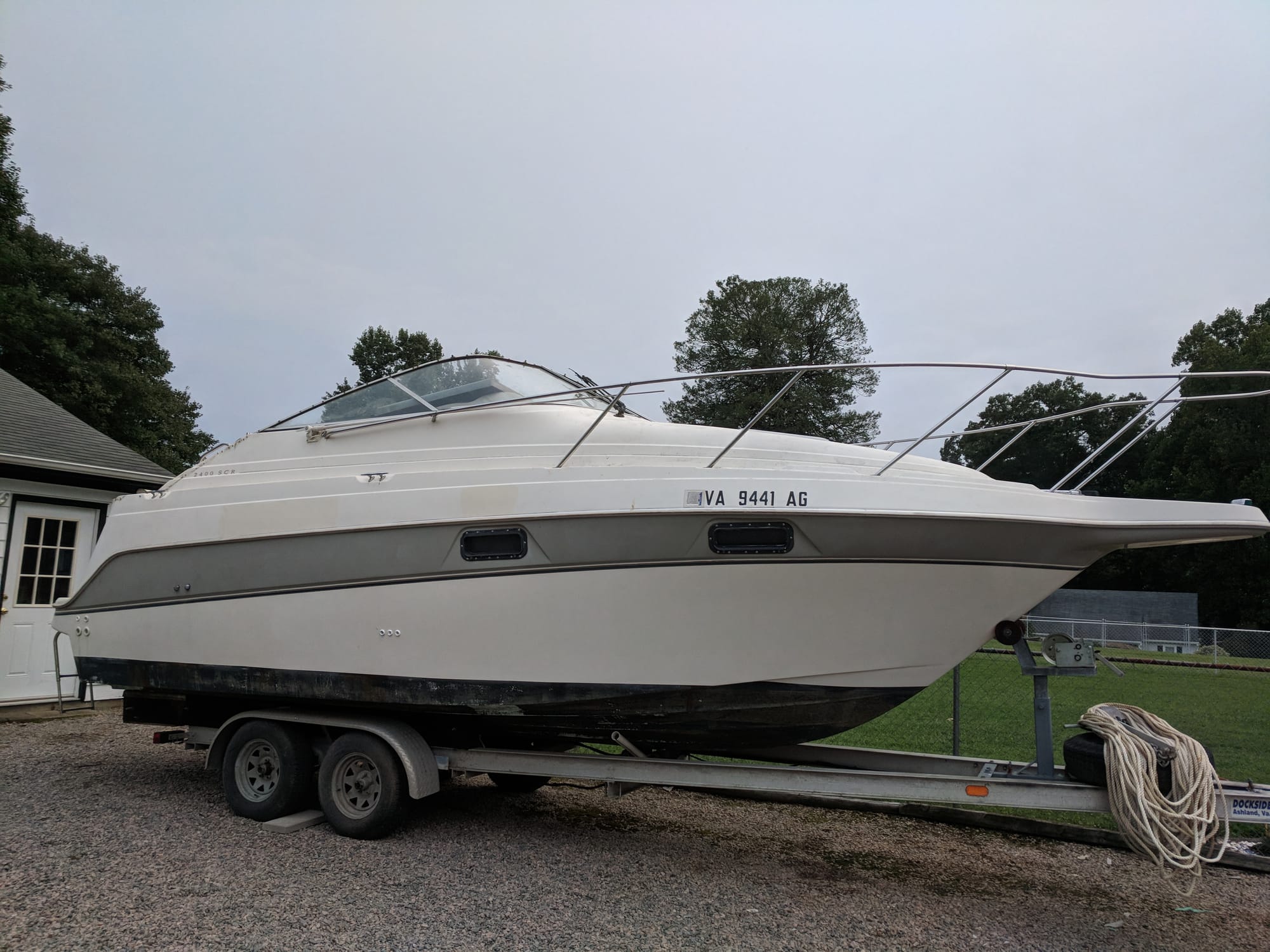
The design and type of the boat also play a crucial role in determining horsepower needs. Planing hulls, which are designed to skim over the water surface at higher speeds, will need more horsepower compared to displacement hulls, which move through the water at slower speeds. A boat with a deep-V hull designed for rough waters will require more horsepower than a flat-bottomed boat meant for calm and shallow waters.
Manufacturer Recommendations
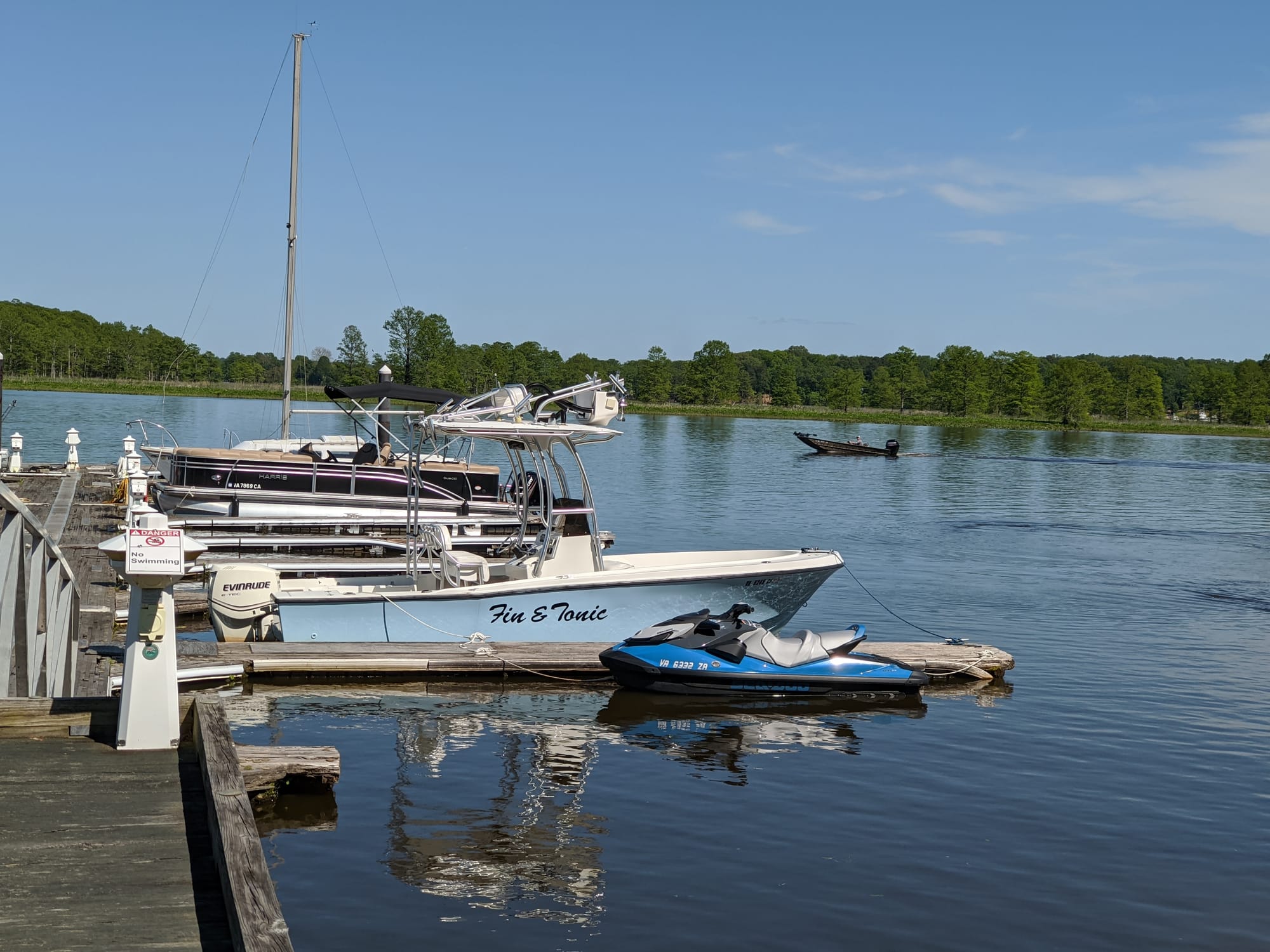
Boat manufacturers provide specific horsepower recommendations for each boat model, often including a minimum and maximum HP rating. These recommendations are based on extensive testing and should be adhered to for optimal performance and safety before cruising away from a private boat lift rental. Exceeding the maximum horsepower rating can lead to handling issues and potential damage to the boat, while under-powering a boat can result in poor performance and fuel inefficiency.
Performance Expectations
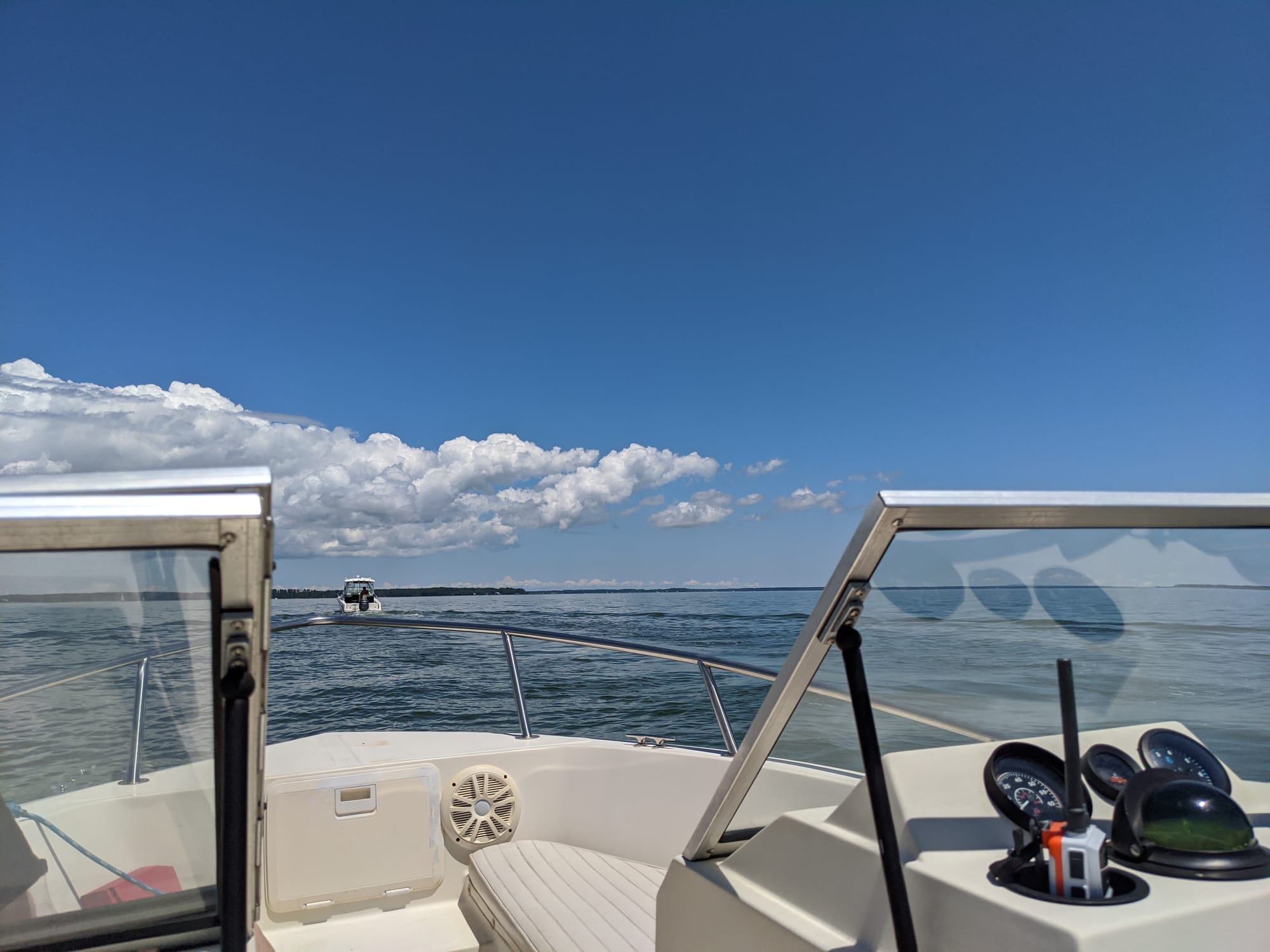
The performance expectations of the boat owner also play a part in determining the appropriate horsepower. If the goal is to reach higher speeds or to have quick acceleration, a higher horsepower engine will be necessary. Conversely, if the boat owner values fuel efficiency and lower operating costs, a lower horsepower engine might be preferred to take off from a private boat slip for rent.
Fuel Efficiency
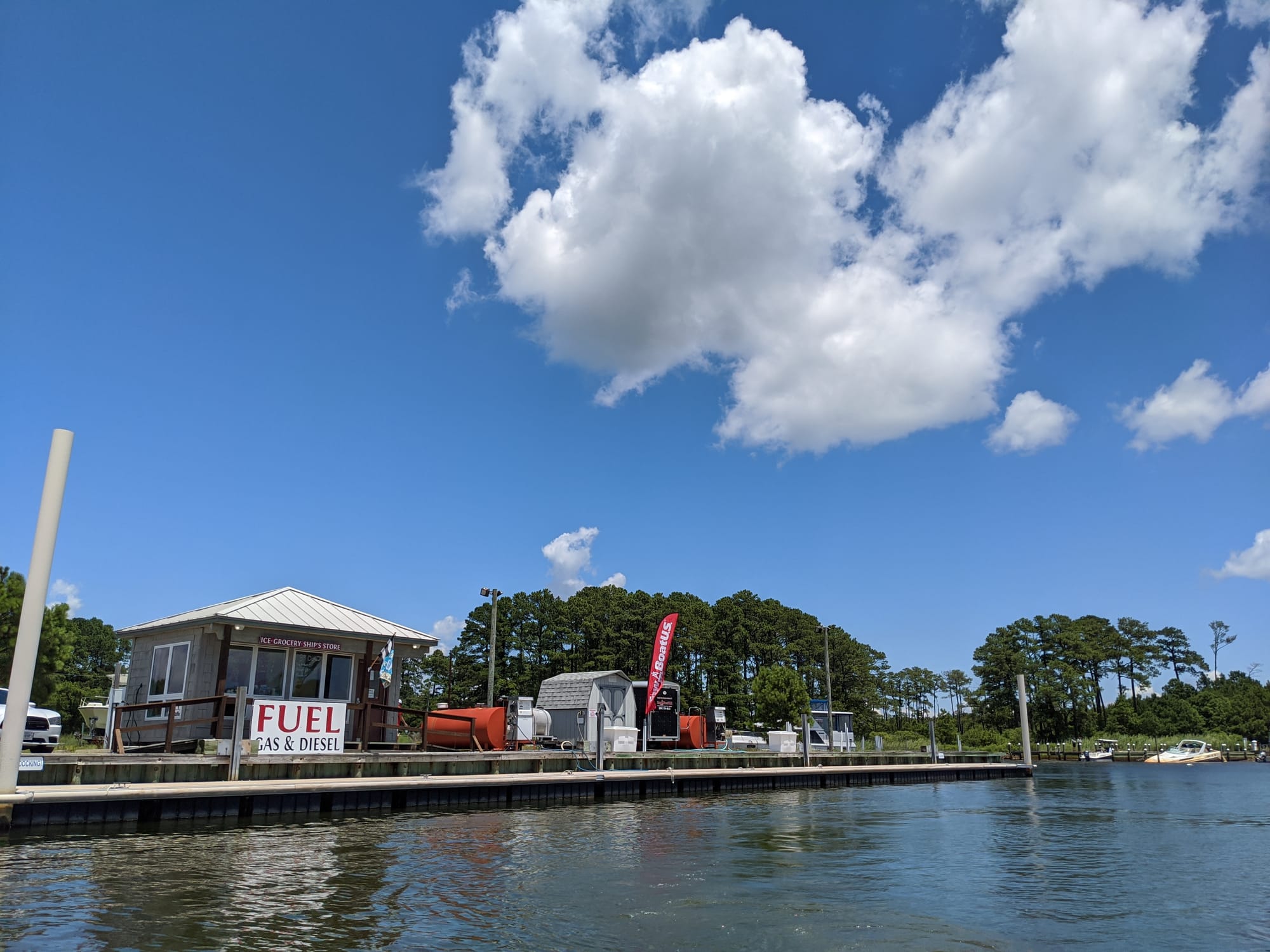
Fuel efficiency is another consideration when determining the necessary horsepower for a boat. Higher horsepower engines tend to consume more fuel, which can lead to increased operating costs. Balancing the need for power with fuel efficiency is essential, especially for those who plan to use their boat frequently or for long distances away from a private boat dock rental, such as a trip from Florida to the Bahamas or the Great Loop.
Environmental Conditions
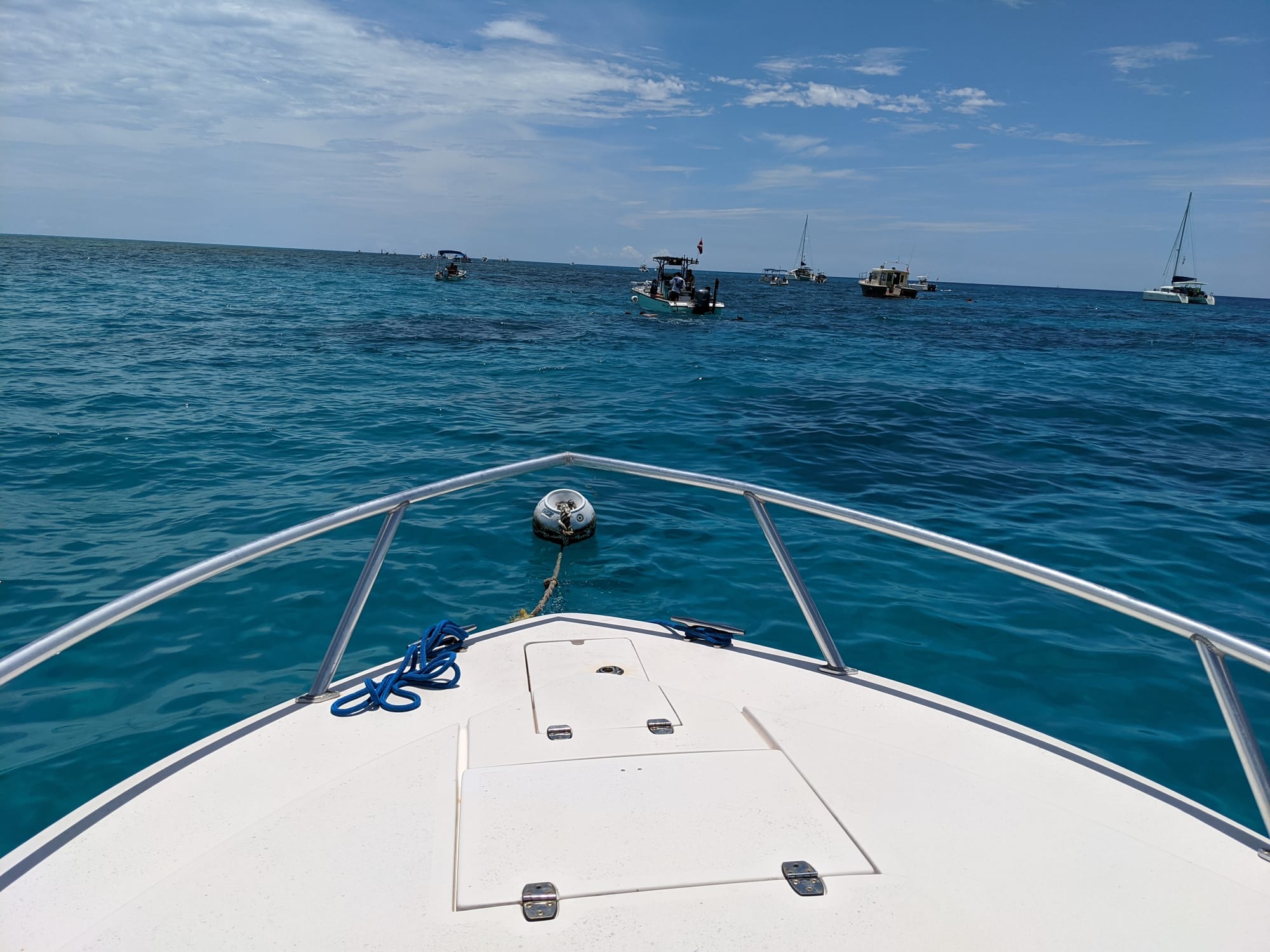
The typical environmental conditions where the boat will be used should also be taken into account. Boats operating in calm and sheltered waters like lakes and rivers can get by with less horsepower compared to those regularly navigating rough seas or strong currents - like the Atlantic Ocean, Great Lakes or Chesapeake Bay - where more power is needed for stability and safety.
